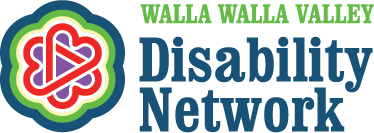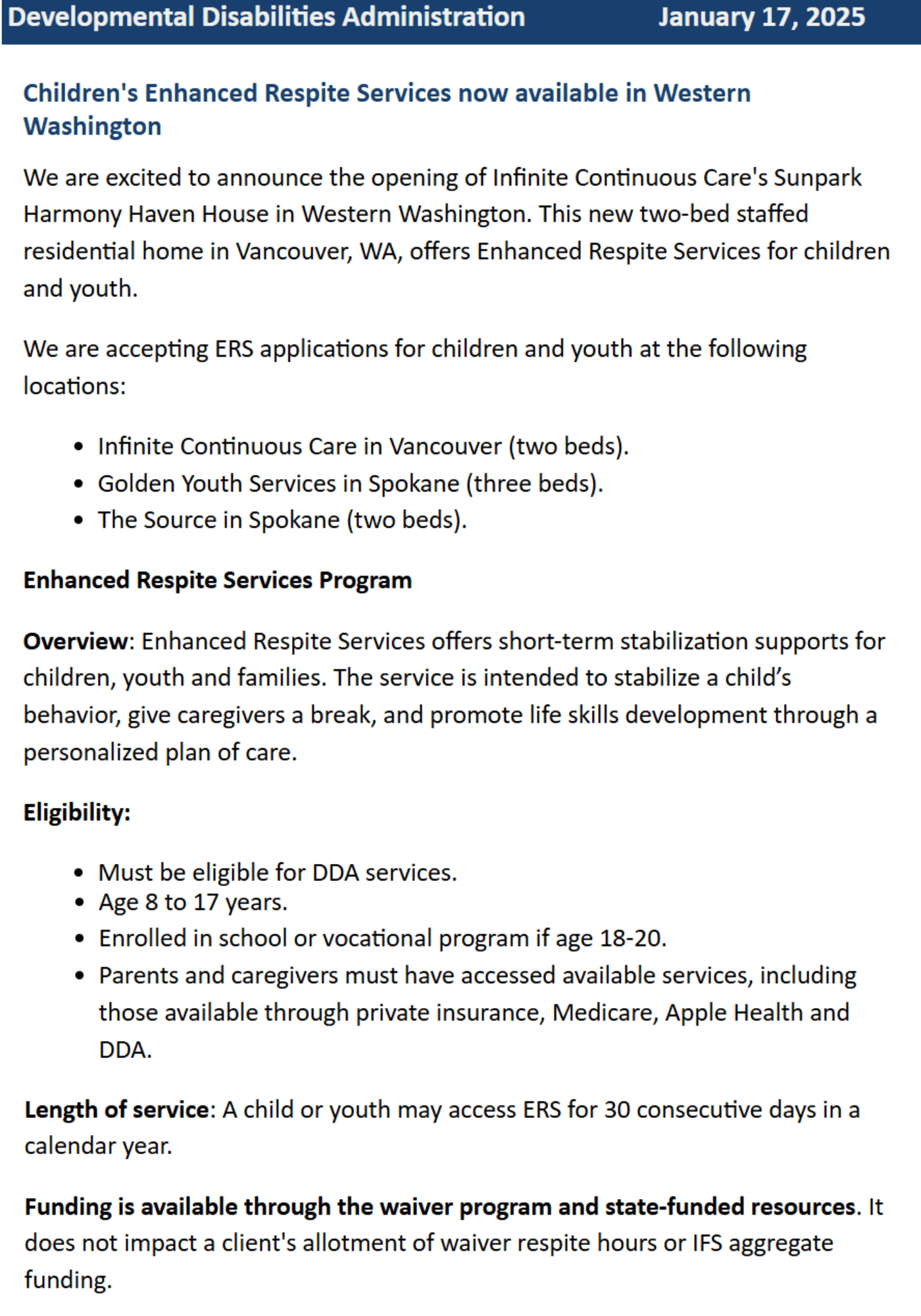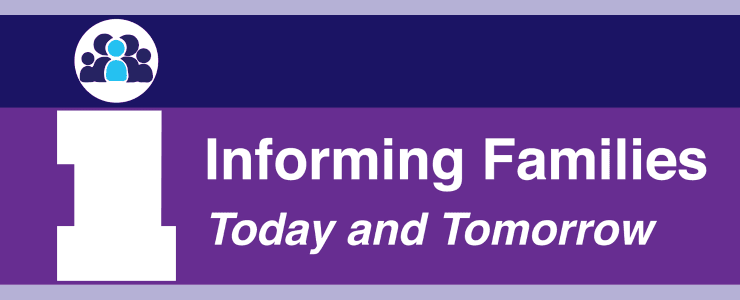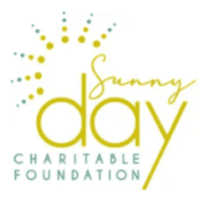Walla Walla Valley Disability Network does not endorse or recommend any particular products, treatments, services or diagnosis, whether specifically or generally, and professional advice should be sought in relation to all health and treatment decisions. We provide information and listings only which we hope are helpful.
Childcare
-
Washington
-
We’re here to support you and your family’s unique needs.
-
Child Care Check is a search tool for you to get information about individual child care providers and early learning programs in Washington.
-
Some families qualify for help to pay their family, friend or neighbor (FFN) child care. This is called a subsidy. Caregivers can be paid by the state for caring for children of eligible families. Caregivers paid by the state are called "in-home/relative providers."
-
Learn more about Child Care Subsidy Programs here.
-
Early childhood is a precious time where children learn about life and build beliefs that last them a lifetime through hands-on learning, play, cooperation, and child-focused instruction. We have developed a caring community where each child is valued and can thrive socially, academically, and emotionally.
-
We are a Preschool & Licensed Childcare facility serving children between the ages of 18 months to five years.
-
Explore other child care options including:
The Department of Social and Health Services (DSHS) offers many programs for parents affected by temporary situations such as loss of a job, and local school districts provide free preschool services for children with developmental delays.
Crisis Nurseries: Families who are in crisis and in need of emergency child care for children ages 6 years and younger are able to access free crisis nursery care. -
School-age care refers to all programs that operate before school, after school, and during the summer and holiday breaks. Structured time in a school-age program can offer children opportunities to make friends, develop relationships with adult role models, and build self-esteem and conflict resolution skills. Learn more here.
-
This directory covers the greater Walla Walla Valley area including Milton-Freewater, Oregon to Dayton, Washington.
-
The children learn daily through experiences, structure, and routine while participating in activities including play, exploration, art, games, walks, music stories, relationship building, field trips, family events, and more to promote learning, social skill development, and school readiness.
-
Oregon
-
The Employment-Related Day Care program (ERDC) helps eligible low-income families pay for child care while they are working. ERDC is a subsidy program, meaning eligible families still pay part of the child care cost.
-
Search independently for a list of child care options online or connect with a 211 representative.
-
Oregon's Spark is a program that raises the quality and consistency of child care and early learning programs across the state. The Quality Rating System recognizes, rewards and builds on what early learning and development programs are already doing well. Search to find quality child care in your area.
Respite & Community Engagement
-
Carina is a free self-service website created to help connect clients receiving Medicaid funded home care with Individual Providers (IPs) who meet their needs and have been contracted through DSHS. Carina Care is available to clients, IPs, case managers, and Home Care Referral Registry coordinators in the state of Washington.
-
If you have questions, please contact:
Jaimee Scheffler, Children's Stabilization and Respite Services Manager -
Community Guide and Community Engagement services are flexible, individually designed services to help individuals enrolled in DDA’s Basic Plus, Core, and Individual & Family Services waivers reach their goals. Follow this link to find contact information for Community Guides in your area.
-
Community Inclusion - what is it and how do you qualify for it?
-
Lifespan Respite WA offers support in the form of a voucher (financial award) for unpaid caregivers who support a family member, friend, or neighbor who has a special need or condition. The voucher is used to pay for services or programs that allow the caregiver to have respite, or “short breaks”. Lifespan Respite vouchers are for short-term respite.
-
Information and resources for those who support: an older adult; child or adult with a developmental disability or other disability; adult with traumatic brain injury.









